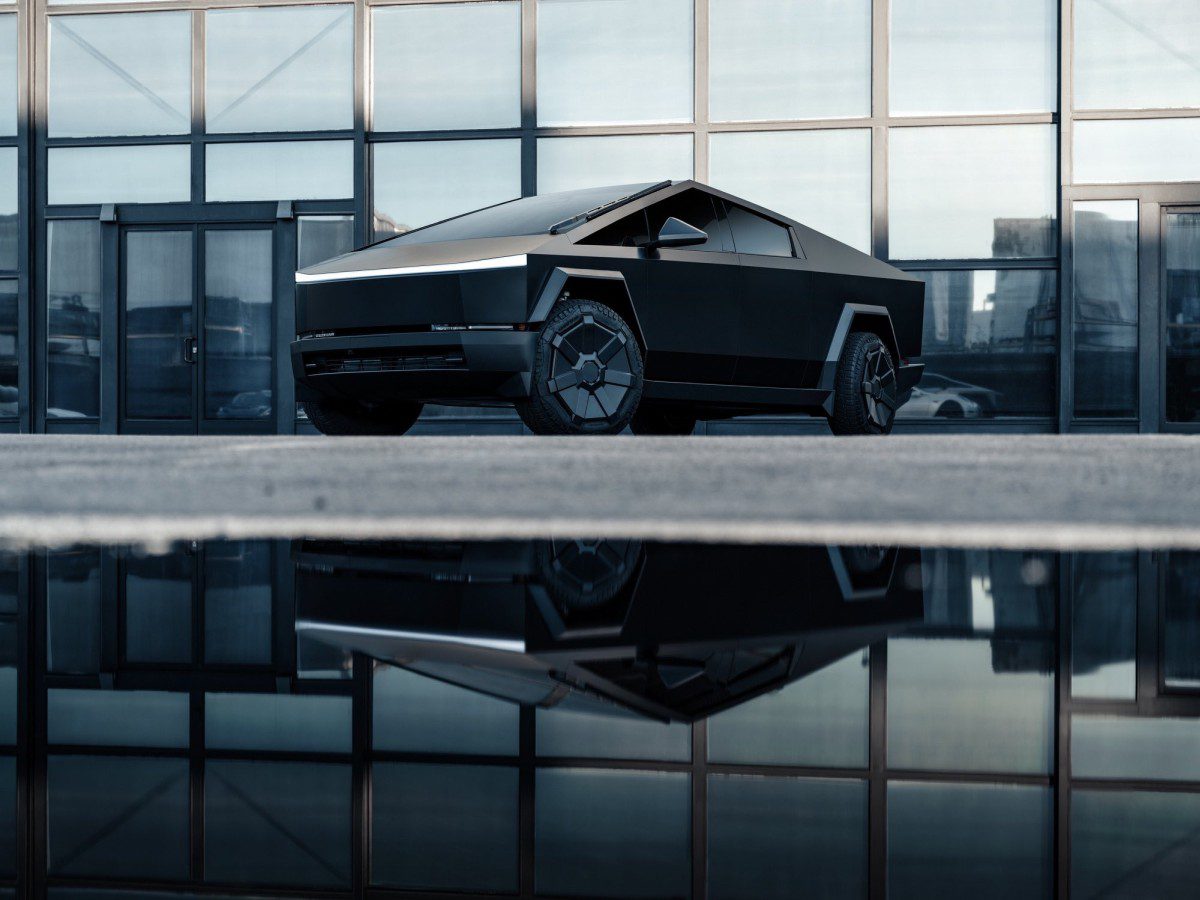JusRelax
Active Member
Tesla China price reduction on all vehicle makes/models by 14k rmb (~$2k USD):
Edit: I haven't seen any other notice regarding this price cut, so consider it just a rumor for now.
Edit: I haven't seen any other notice regarding this price cut, so consider it just a rumor for now.
Last edited:



